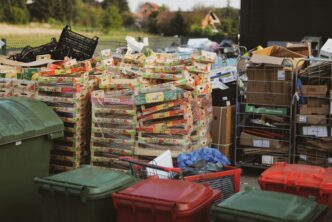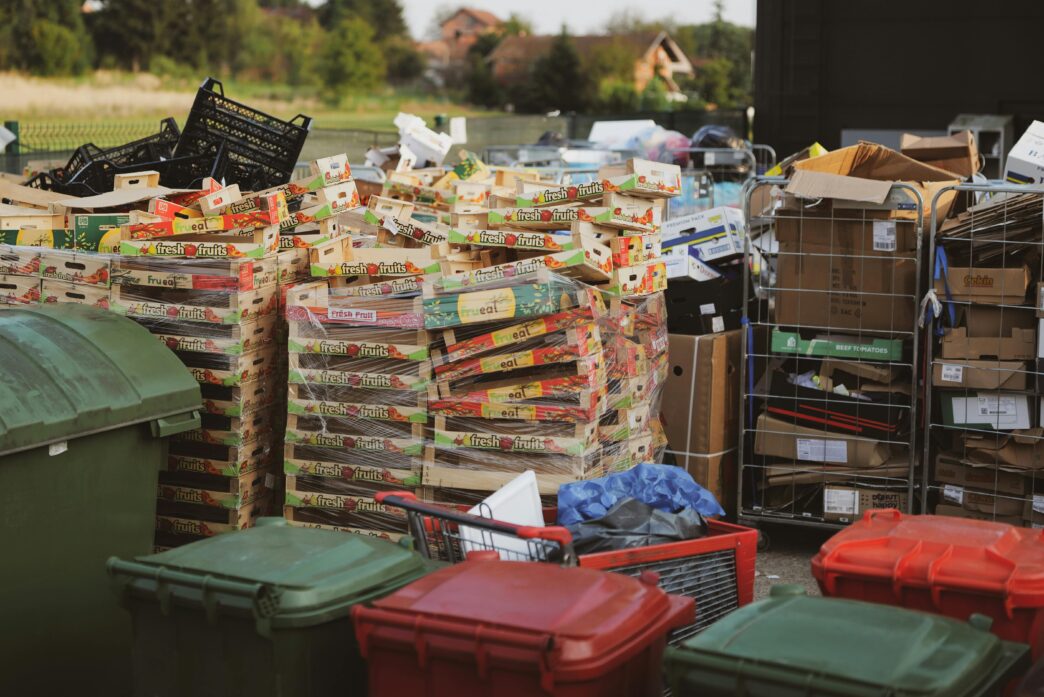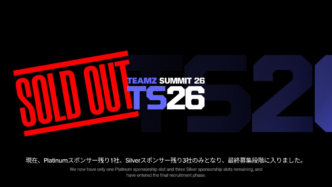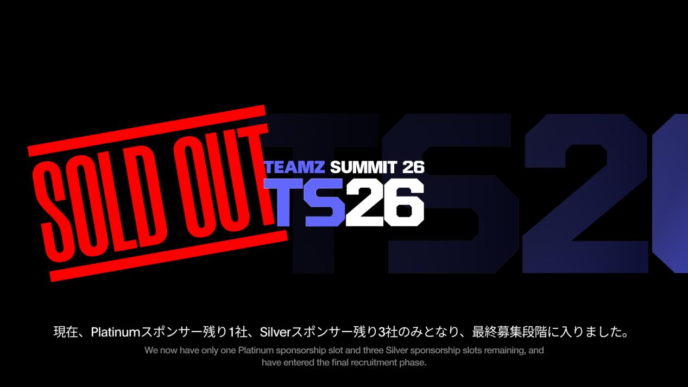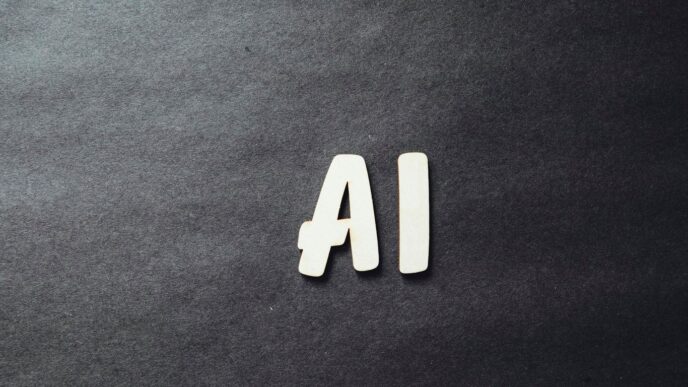Finding the right waste handling partner can make or break your business’s environmental compliance and operational efficiency. Whether you’re managing a construction site, overseeing retail store operations, or running a corporate office, how you dispose of waste says a lot about your values—and it can affect everything from customer perception to regulatory risk. A responsible junk removal partner will do more than simply haul away trash; they’ll ensure it’s sorted, recycled, and disposed of legally and ethically. But how do you know if a company truly walks the talk when it comes to sustainable and compliant waste management?
Responsible Waste Handling Partners aren’t just about convenience. They’re a critical part of your supply chain and sustainability strategy. To ensure you’re choosing wisely, begin by asking the right questions. Start with their licensing and certifications. Are they permitted to handle, transport, and dispose of the types of waste your business generates? For industries like healthcare, food services, or construction, specific regulations may apply to the disposal of hazardous or bulky materials. A reputable partner should not only be familiar with local and federal guidelines but also provide documentation upon request.
Next, ask about their environmental policies. Do they divert waste from landfills through recycling or donations? How do they track and report on the materials they collect? Transparency is essential—an honest company should be able to show you their waste diversion rates and outline how much material ends up recycled versus discarded. This not only aligns with eco-conscious goals but can also help your business report on sustainability initiatives more accurately.
Another important factor is their service coverage and capacity. If your company operates in multiple locations or handles a variety of waste types, you’ll want a partner who can scale with your needs. Ask if they offer consolidated billing, centralized reporting, and customizable pickup schedules. A national chain may offer broader services, but a regional provider might offer more personalized support—so weigh those pros and cons based on your operations.
Customer service and communication also matter. Responsible waste partners should be easily reachable, responsive to emergencies, and proactive about keeping you informed. Do they assign a dedicated account manager? Will they notify you about changes in pickup schedules or local waste regulations? These questions reveal a lot about how they’ll support your team day-to-day.
You should also inquire about their safety and training standards. Do they require employees to complete OSHA or industry-specific safety certifications? Do they regularly inspect and maintain their equipment? A partner that values safety not only protects their own crew but also reduces liability for your business, especially during on-site removals or sensitive waste handling.
Pricing transparency rounds out your due diligence. Ask for a detailed estimate that includes all potential fees—such as surcharges for hazardous items, extended labor, or weekend pickups. Avoid companies that offer vague pricing or tack on surprise costs after the job is complete. A reliable partner will take time to understand your waste volume and frequency, and propose a pricing model that matches your actual needs.
By asking the right questions upfront, you’ll find a partner that helps you stay compliant, protect your brand, and achieve your sustainability goals.

